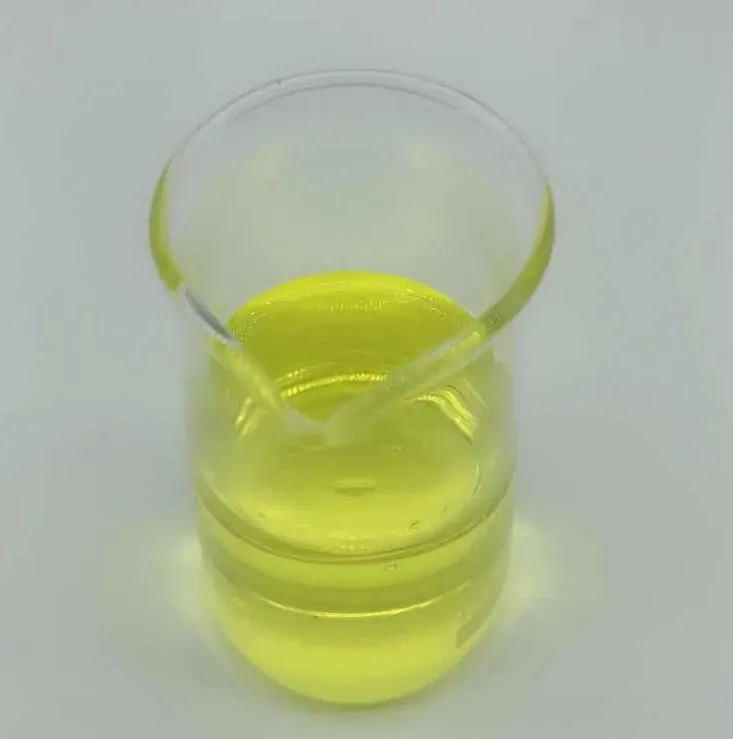Warning: Undefined array key "title" in /home/www/wwwroot/HTML/www.exportstart.com/wp-content/themes/1198/header.php on line 6
Warning: Undefined array key "file" in /home/www/wwwroot/HTML/www.exportstart.com/wp-content/themes/1198/header.php on line 7
Warning: Undefined array key "title" in /home/www/wwwroot/HTML/www.exportstart.com/wp-content/themes/1198/header.php on line 7
Warning: Undefined array key "title" in /home/www/wwwroot/HTML/www.exportstart.com/wp-content/themes/1198/header.php on line 7
- Afrikaans
- Albanian
- Amharic
- Arabic
- Armenian
- Azerbaijani
- Basque
- Belarusian
- Bengali
- Bosnian
- Bulgarian
- Catalan
- Cebuano
- China
- China (Taiwan)
- Corsican
- Croatian
- Czech
- Danish
- Dutch
- English
- Esperanto
- Estonian
- Finnish
- French
- Frisian
- Galician
- Georgian
- German
- Greek
- Gujarati
- Haitian Creole
- hausa
- hawaiian
- Hebrew
- Hindi
- Miao
- Hungarian
- Icelandic
- igbo
- Indonesian
- irish
- Italian
- Japanese
- Javanese
- Kannada
- kazakh
- Khmer
- Rwandese
- Korean
- Kurdish
- Kyrgyz
- Lao
- Latin
- Latvian
- Lithuanian
- Luxembourgish
- Macedonian
- Malgashi
- Malay
- Malayalam
- Maltese
- Maori
- Marathi
- Mongolian
- Myanmar
- Nepali
- Norwegian
- Norwegian
- Occitan
- Pashto
- Persian
- Polish
- Portuguese
- Punjabi
- Romanian
- Russian
- Samoan
- Scottish Gaelic
- Serbian
- Sesotho
- Shona
- Sindhi
- Sinhala
- Slovak
- Slovenian
- Somali
- Spanish
- Sundanese
- Swahili
- Swedish
- Tagalog
- Tajik
- Tamil
- Tatar
- Telugu
- Thai
- Turkish
- Turkmen
- Ukrainian
- Urdu
- Uighur
- Uzbek
- Vietnamese
- Welsh
- Bantu
- Yiddish
- Yoruba
- Zulu
Des . 05, 2024 07:01 Back to list
Exploring the Properties and Applications of Xanthan Gum in Food and Industry
The Role of Xanthan Gum in Modern Food Production and Health
Xanthan gum, a versatile polysaccharide produced by the fermentation of glucose or sucrose by the bacterium Xanthomonas campestris, has become an indispensable ingredient in various industries, particularly in food production. Its unique properties, such as thickening, stabilizing, and emulsifying, make it a valuable additive that enhances the texture and consistency of a multitude of products.
One of the primary advantages of xanthan gum is its remarkable ability to increase viscosity at low concentrations. This means that even a small amount can significantly alter the thickness of a liquid, which is particularly beneficial in food formulations. In salad dressings, sauces, and gravies, xanthan gum acts as a stabilizer, preventing separation of ingredients and ensuring a smooth, homogeneous mixture. This capability is particularly important in products that are exposed to varying temperatures and storage conditions, as the gum helps maintain product quality throughout its shelf life.
The Role of Xanthan Gum in Modern Food Production and Health
The health benefits associated with xanthan gum additionally enhance its appeal. As a soluble fiber, xanthan gum can aid in digestion and help regulate blood sugar levels. Its ability to retain water also contributes to a feeling of fullness, which can be beneficial for those looking to manage their weight. Moreover, xanthan gum is low in calories, making it an attractive option for health-conscious consumers seeking to improve their diets without sacrificing taste or satisfaction.
dash xanthan gum

In addition to its use in food, xanthan gum finds applications in the cosmetic and pharmaceutical industries. In cosmetics, it serves as a thickening agent and helps stabilize emulsions, ensuring that products like lotions and creams maintain their intended consistency and effectiveness. Similarly, in pharmaceuticals, xanthan gum is utilized in controlled-release formulations and as a suspending agent, enhancing the bioavailability of active ingredients.
While xanthan gum is generally recognized as safe by health authorities, it is essential for consumers to be aware of their individual dietary needs and potential sensitivities. Some people may experience digestive discomfort when consuming large amounts of xanthan gum, particularly if they are not accustomed to high-fiber diets. As with any dietary additive, moderation is key, and individuals should consult with healthcare professionals if they have concerns.
Looking to the future, the demand for xanthan gum is likely to grow. With increasing consumer interest in clean-label products, manufacturers are pushed to find natural and effective ingredients that can replace synthetic additives. Xanthan gum fits this profile, being a natural product derived from fermentation. Its ability to meet the modern consumer’s desire for transparency and health-consciousness makes it a staple in both traditional and innovative food production processes.
In conclusion, xanthan gum is a multifaceted ingredient that plays a significant role in the culinary and health landscapes of today's world. Its functional properties, combined with health benefits, make it a popular choice among food manufacturers, bakers, and consumers alike. As dietary trends continue to evolve, xanthan gum is poised to maintain its relevance, contributing to the creation of high-quality, enjoyable, and healthful products that meet the needs of modern eaters.
Latest news
-
Certifications for Vegetarian and Xanthan Gum Vegetarian
NewsJun.17,2025
-
Sustainability Trends Reshaping the SLES N70 Market
NewsJun.17,2025
-
Propylene Glycol Use in Vaccines: Balancing Function and Perception
NewsJun.17,2025
-
Petroleum Jelly in Skincare: Balancing Benefits and Backlash
NewsJun.17,2025
-
Energy Price Volatility and Ripple Effect on Caprolactam Markets
NewsJun.17,2025
-
Spectroscopic Techniques for Adipic Acid Molecular Weight
NewsJun.17,2025

